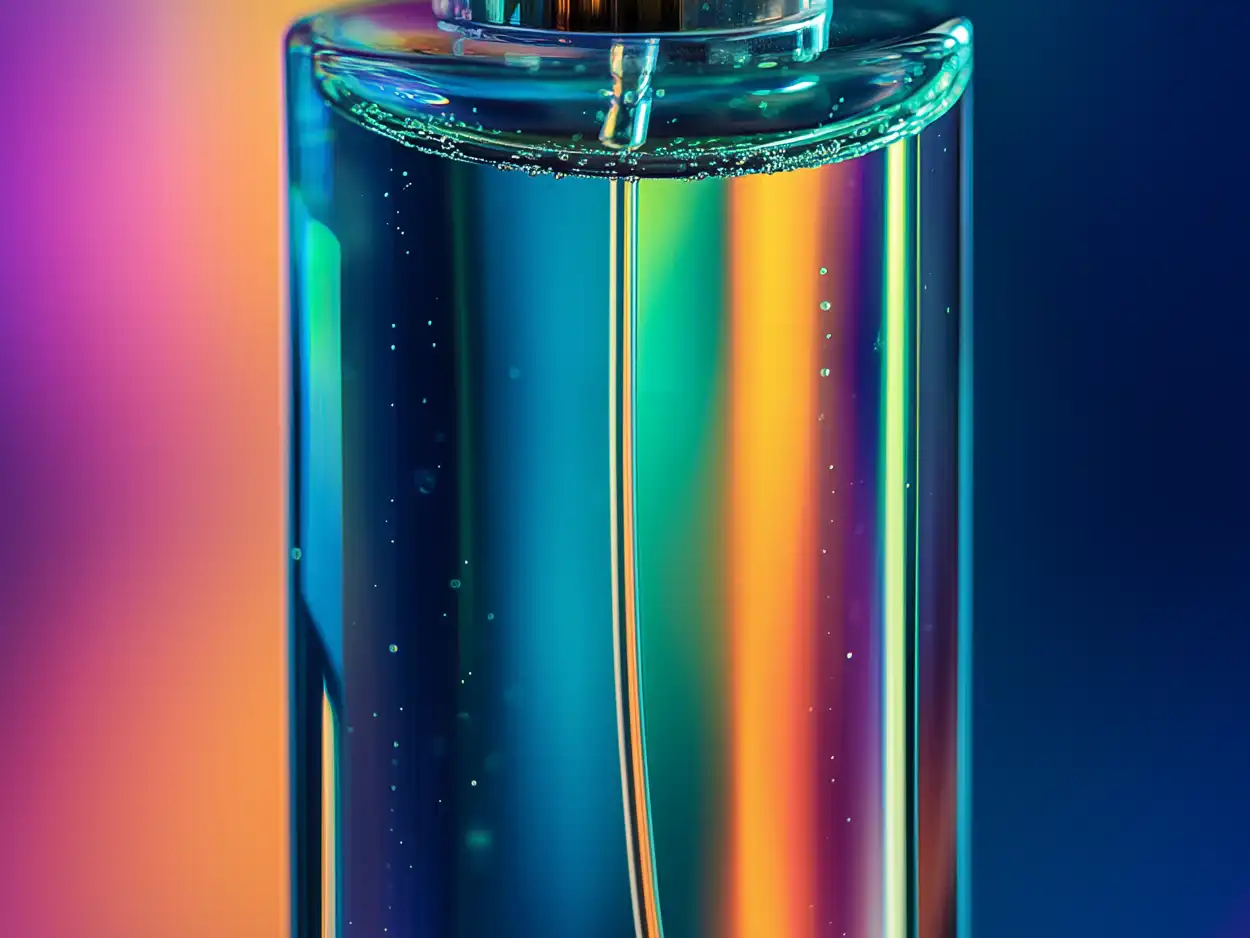If you assumed make perfumes was as simple as mixing fragrance oils with alcohol and bottling it up, you’re in for a fragrant revelation!
Much like a fine wine needs time to develop its complex flavor, perfumes require a crucial step known as maceration. This often-overlooked process is the secret behind those intoxicating scents that captivate your senses and linger in your memories.
Let’s dive into the world of perfume maceration – a realm where patience truly does make perfect. You’ll discover why some fragrances feel more ‘complete’ than others, and why that bargain dupe of your favorite scent just doesn’t quite measure up.
What is Maceration in the Perfume World?
Maceration is a crucial step in perfume production where the fragrance mixture is allowed to rest and develop over time. After combining fragrance oils with alcohol, perfumers don’t immediately bottle the product. Instead, they let it sit for an extended period, typically ranging from several weeks to several months. Some high-end perfume brands even allow their fragrances to macerate for 6-12 months before releasing them for sale.
During this process, the different fragrance molecules interact with each other and the alcohol. This interaction leads to chemical changes that affect how the perfume smells and performs. Top notes become less sharp, core notes develop more fully, and base notes gain depth. The overall effect is a more balanced and harmonious scent.
Interestingly, maceration can be seen as the polar opposite of fragrance expiration. While expiration occurs when a perfume is too old and its components have broken down, maceration addresses the issue of a fragrance being too new. It’s like the adolescent phase of a perfume’s life cycle, where it needs time to mature and reach its full potential before it’s ready for use. Just as you wouldn’t want a perfume that’s past its prime, you also don’t want one that hasn’t had the chance to fully develop.
Maceration isn’t just about waiting. The conditions matter too. Perfumers usually store the mixture in cool, dark places to control the process. They may also periodically check and adjust the fragrance during this time. The length of maceration varies depending on the specific ingredients used and the desired outcome. Some fragrances might be ready after a few weeks, while others benefit from much longer periods. Perfumers use their expertise and experience to determine when a fragrance has reached its optimal state.
This process is essential for creating complex, well-rounded perfumes. It’s one of the reasons why creating a high-quality fragrance takes time and patience. Recognizing the value of extended maceration, some brands are even starting to capitalize on this aspect of perfume creation. For instance, Creed recently released a limited run of “Triple Aged” Absolu Aventus, highlighting the extended maturation process. If successful, this approach could become a new trend in the fragrance industry, further emphasizing the importance of maceration in crafting superior scents.
What Happens If Enough Time Isn’t Given
When a perfume isn’t given sufficient time to macerate, the results can be noticeable and often disappointing. The most immediate effect you might experience is a harsh alcohol smell upon first spray. This occurs because the alcohol hasn’t had enough time to fully blend with the fragrance oils, resulting in that initial sharp, chemical scent that can be off-putting.
The overall fragrance profile can also suffer. Without proper maceration, you might find that the scent feels disjointed or unbalanced. Individual notes may stand out too strongly or clash with each other instead of blending harmoniously. This can lead to a perfume that smells ‘unfinished’ or lacks the complexity you’d expect from a well-crafted fragrance.
Longevity is another aspect that can be compromised. An under-macerated perfume often doesn’t last as long on your skin. You might notice that the scent fades quickly or changes in unexpected ways as you wear it throughout the day. This is because the fragrance molecules haven’t had enough time to stabilize and interact fully with each other and the alcohol base.
The development of the fragrance over time can also be affected. A well-macerated perfume should transition smoothly from top notes to heart notes to base notes. However, when maceration time is cut short, this progression can feel abrupt or incomplete. You might experience sudden shifts in the scent rather than a gradual, pleasing evolution.
In some extreme cases, under-maceration can even lead to skin irritation. This is because some raw materials in perfumes need time to soften and mellow. Without this process, they may be more likely to cause sensitivity when applied to the skin.
Why Perfume Clones Often Aren’t Macerated Enough
If you think clone houses are allowing adequate time for maceration, you’ve got another thing coming. These companies, which don’t even bother to create their own unique fragrances, are certainly not going to invest the time and resources necessary for proper fragrance maturation. Now look, we’re not saying ALL clone houses are guilty of this – but a lot of them (and we’re not naming any names here) are known for cutting corners in this crucial step.
Perfume clones, also known as dupes or inspired fragrances, often fall woefully short in the maceration process due to several factors inherent to their business model. The primary reason is the relentless pressure to bring products to market quickly. Clone manufacturers aim to capitalize on the popularity of high-end fragrances by offering similar scents at a fraction of the price. This race to meet consumer demand often results in cutting corners, with maceration being a prime target.
Time is money in the fragrance industry, and extended maceration periods tie up resources. For clone producers operating on tight margins, allowing fragrances to sit for weeks or months represents a significant cost they’re unwilling to bear. They may opt for drastically shorter maceration times to increase turnover and maximize profits, sacrificing quality in the process.
Another factor is the complexity of the original fragrances they’re trying to replicate. High-end perfumes often contain numerous ingredients that require time to blend properly. Clone manufacturers might use fewer, simpler ingredients to keep costs down, resulting in a fragrance that doesn’t need as much maceration time to reach its final form. However, this approach often leads to a less nuanced and less stable scent that’s a pale imitation of the original.
The target market for clones also plays a role. Many consumers purchasing these fragrances are looking for an affordable alternative and may be willing to sacrifice some quality for a lower price point. This allows clone producers to prioritize speed and cost-effectiveness over the lengthy perfection process that luxury brands undertake, further compromising the maceration process.
Tips To Identify An Un-Macerated Fragrance
Detecting whether a fragrance has been properly macerated can be challenging, but there are several telltale signs to watch for. Here are some key indicators that might suggest your perfume hasn’t had enough time to mature:
- Initial alcohol blast: An overwhelming whiff of alcohol that takes longer than usual to dissipate.
- Harsh or overpowering top notes: The initial scent feels too sharp or intense.
- Lack of depth or complexity: The fragrance smells simpler or more ‘flat’ than expected.
- Poor longevity: The scent fades unusually quickly on your skin.
- Inconsistent performance: The fragrance smells or performs differently each time you wear it.

